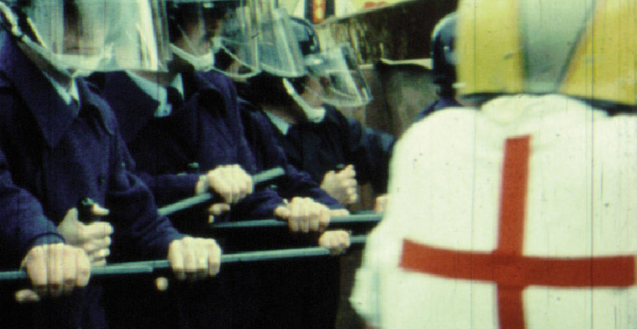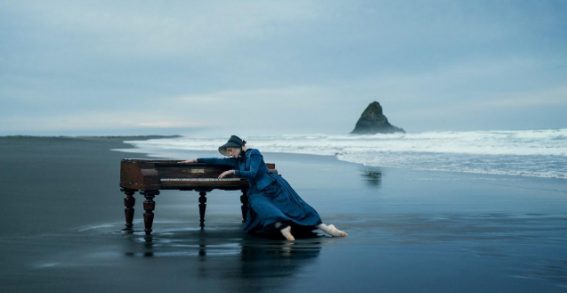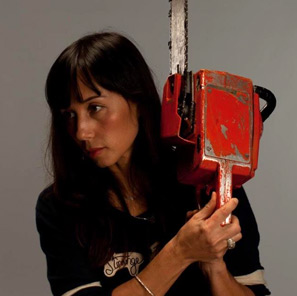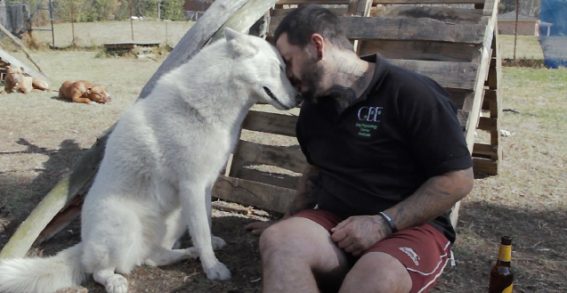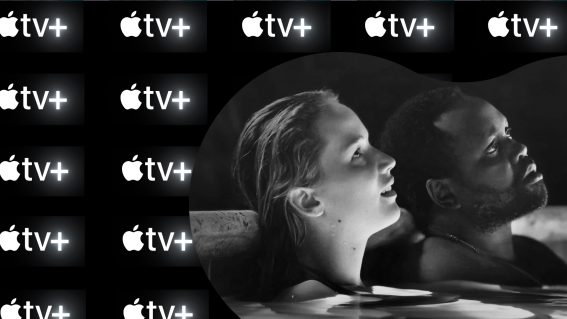Heperi Mita on his doco about pioneering filmmaking mum Merata
Merata: How Mum Decolonised the Screen returns to cinemas.
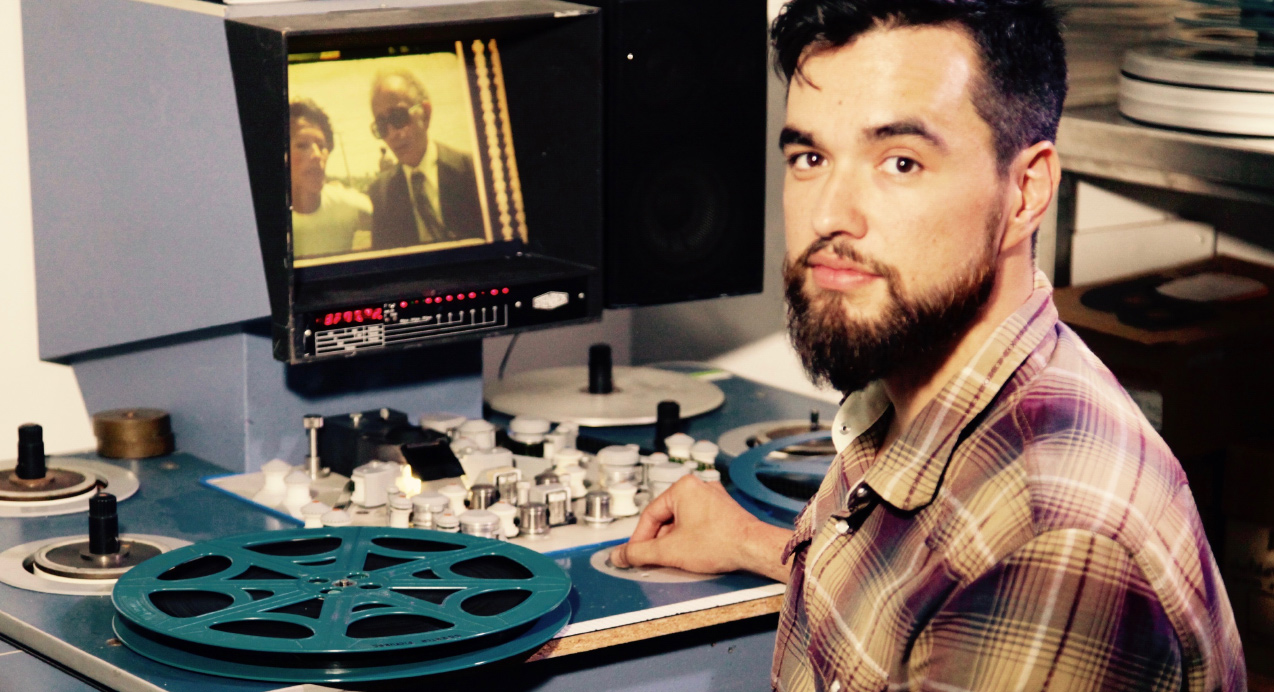
Merata Mita, landmark Māori filmmaker behind Patu! and Mauri is honoured in her son Heperi’s personal documentary portrait Merata: How Mum Decolonised the Screen from her son Heperi.
Returning to Aotearoa cinemas in a limited release from Mother’s Day, the more personal this historically essential doco gets, the more universal it becomes, wrote Steve Newall in his 5-star review.
Steve spoke to Heperi Mita about his documentary, which has had well-received international screenings after being picked up by Ava DuVernay’s ARRAY Releasing. A North American theatrical tour continues through to the end of June, with ARRAY also releasing the film on Netflix in the US, Canada and UK to coincide with Mother’s Day.
This interview has been edited for length and clarity.
FLICKS: Your role as an archivist at Ngā Taonga Sound & Vision underpins the whole documentary project. Could you share a few thoughts about your relationship with archives and dealing with that content?
HEPERI MITA: The whole way that I came to the Archive was that my mother had just squirreled away an entire garage full of material and we bought that to the Archive and then looked through it and they said: “we’re going to need a hand with that”. So that’s how I got my foot in the door here. But for me, those are my family records and those are my home videos and amongst my home videos are some very strong political statements, but at the same time, I can still see my older brother when he was a child. My older sister when she was a child. So for me, I have a very, very strong and visceral kind of relationship to those things.
There’s a principle that I carry with me through to any sort of archival material that I find: this belongs to a family. This is a record, a snapshot of the time and place of an emotional space for them. And so that’s really my relationship with archives. I’ve been doing this now for eight years, now that I think about it, which is quite a while. It was never something that I set out to do. My formal training’s in journalism, but I guess when you’re surrounded by filmmakers in a world of film, you gravitate towards those environments.
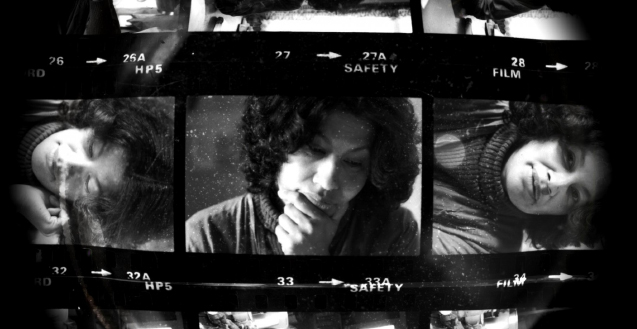
You just alluded to the constant presence of your family throughout your mother’s work. It connects you in very interesting ways, and I suppose the most recent example of that is actually spending all that time with your siblings talking about your mother. What was that part of the project like for you?
I identified very early on that the only consistent presence in her life was the kids and you couldn’t escape it because it was right there in front of my face every time I’ve got one of her films on, be that in the credits or on screen. And also, through all the ways that she recreated herself—from a school teacher to an activist, from an activist to a filmmaker. From a filmmaker to a sort of mentor, elder statesman if you will, for indigenous filmmakers. Her kids were the only consistent group of people who were there with her right from the very beginning, all the way to the very end.
But what was a gift, I viewed it with this naivety and this joy, whereas they actually had to go through these Bastion Point events, through the 1981 Springbok tour. And while they were very proud of my mother’s work, being involved in some of those situations was traumatic for them. And in some cases, there are memories associated with those films that were long suppressed.
Obviously, I am biased towards my mother. There’s no doubt about it, we’re going to throw objectivity out the window. But I did want to get to the heart of the truth, and the big question on my mind was, going through those things, did they feel that it was worth it for them? Because growing up and seeing some of the dysfunction in my family, I didn’t fully comprehend some of that trauma, but I had an innate understanding that things weren’t so good back in the day. And that was a very, very difficult question to ask an older sibling.
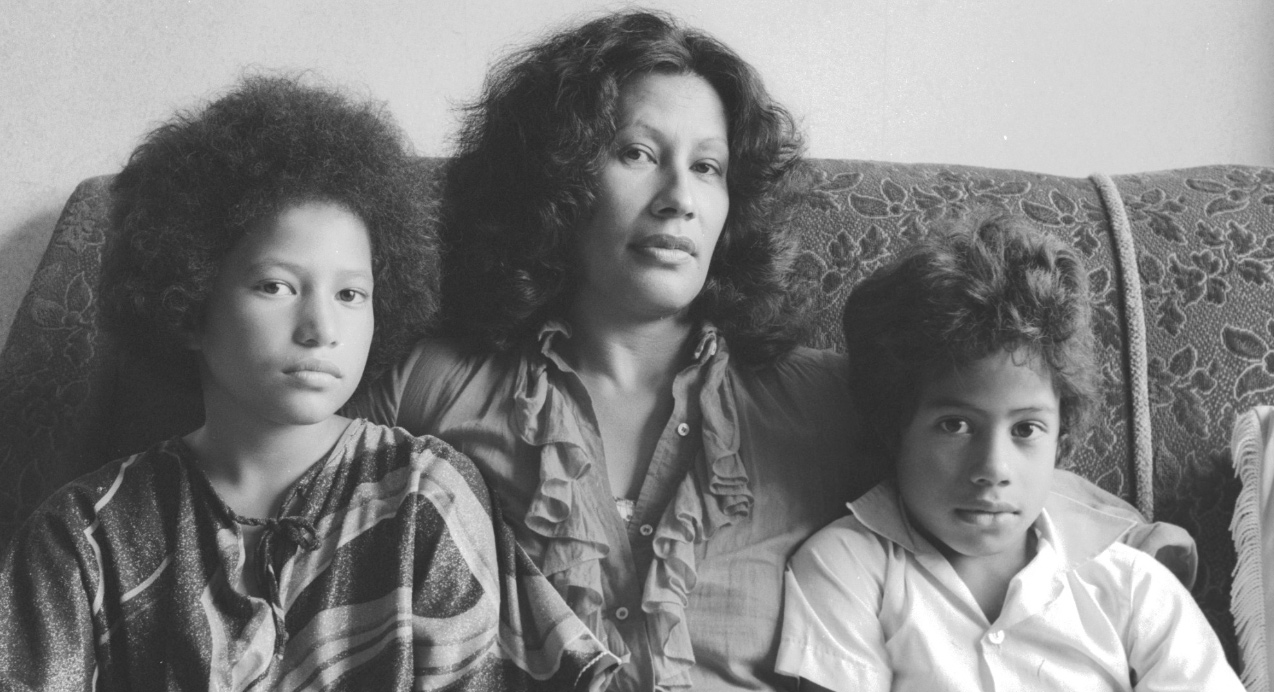
I think about a conversation you have in the film on the front steps of the family house opposite Eden Park and recounting police beatings and just a fractured relationship with authority that comes with it. I’m a little bit too young to remember that stuff in detail, myself. How was it for you with some of that activism material viewed through a 21st-century lens?
When I was born, my mother and father were primarily working on fictional productions, so my attitude growing up was whenever I saw something onscreen, I was just like, “That’s fake.” That was just my default instinct. “That’s make-believe”. And it wasn’t until I was a teenager that I saw the raw emotion of it, particularly in the case of Patu! it hit me quite hard, and I had a difficult time rationalising—is this fake? I couldn’t comprehend. I couldn’t grasp what was going on, but nor did I really have a nuanced understanding of the politics involved.
But for me, that’s almost secondary, the actual politics. It is the emotional reaction and the way that people react in these situations. So when it came to documenting my mother’s own life story, I was more interested in the way that she and the family reacted to those things, as opposed to the actual events themselves.
Do you think that people watching the film today understand how radical and challenging it was to be a female Māori filmmaker?
No. From the film industry context, it’s very hard for me to separate that from the simple struggle for her as a solo mother of five kids to just get by. For me, the filmmaking element of her identity was her coping mechanism and so I can’t really separate the difficulty of indigenous woman filmmaker as a pioneer from the day-to-day struggle of a solo mother of five in the 1970s. To me, she blurred those lines. She couldn’t compartmentalise those aspects of her identity.
What were some of the more difficult or more celebratory moments that you experienced while piecing the film together?
This is going to sound very strange and it’s very bittersweet, and it actually goes back to the question you raised earlier about the difficulty of talking to my family. Because a lot of that memory was suppressed, when I had these conversations with them, the breakthroughs being made were emotions and memories that they had not discussed ever in their lives.
Along the course, this strange thing happened. I was making a documentary about my mum and looking back on her life through archival films and capturing her life. Through my interviews with the family, this kind of meta-phenomenon happened and, in a way, a lot of the stories became about them. And this was quite poignant because I interviewed one of my brothers, and then two weeks later he passed away from a heart attack. And had I not had that conversation with him and captured his recollections of those events, that whole living memory would be lost.
So there was this extra impetus for me to get the story out there because I felt there was a generational transition going on, and so this delicate bit of history was either going to be captured now or never. And so when that happened, a lot of those barriers that my other siblings had put up kind of broke down because they had the same realisation that I did. And that, yeah, really gave it a different energy and a different sort of impetus to share this story and to share our mum’s story because we all felt so inspired by it. We felt we weren’t going to let our own hangups deny the rest of the world the inspiration of our mother’s life journey.
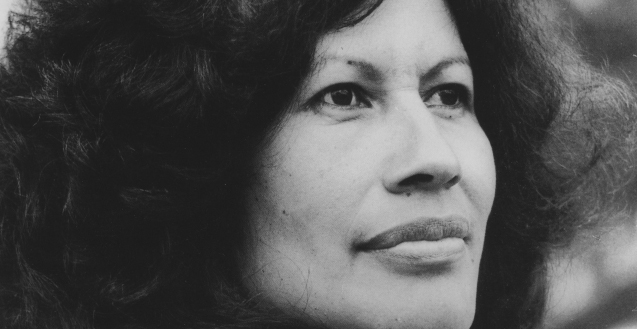
It’s difficult to anticipate what it’s like for an international audience to watch. I suppose in some ways, what it must be like for you to imagine people outside your family looking in. But it feels, to me, like the more intimate it gets, the more entry points there are for audiences to see the film. What have you observed as international audiences have engaged with the film?
One of the phenomena that I have noticed when we took it over to Sundance—it was our international premiere—was that the strongest reactions that I was getting were from audience members who had come with family members. Mother/son, mother/daughter sort of groups would come and see the film and they just had the strongest reactions. They would come up to me after the film in tears and relate to me stories within their own family, ways that they’ve dealt with bereavement in their close loved ones.
And so what they really shared in was that family dynamic and I think that is the thing is universal within us. It doesn’t matter if you’re a solo parent living in the 70s on the frontline of the activist movement or a middle-class American, but those emotions and those things are, I guess, what defines us or what defines our humanity. And that was really cool. I mean, I think the film creates a lot of emotions to take on after you watch it, and then so from there, the filmmaker has to then take on this emotion of these audience members, was like another wave to deal with. So there were times where I felt a bit like a therapist.





